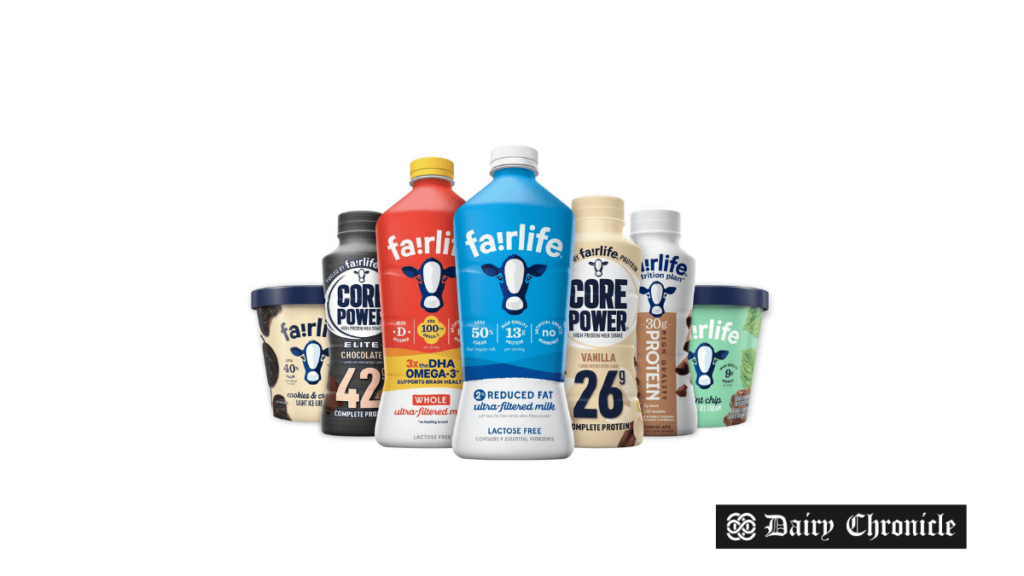Coca-Cola’s investment in Fairlife milk is proving successful as the brand grows rapidly, contributing significantly to Coca-Cola’s diversification beyond soda, but Wall Street demands even more growth to offset the company’s reliance on sugary drinks.
The Coca-Cola Company, headquartered in Atlanta, Georgia, is seeing strong returns on its investment in Fairlife, a premium milk brand that filters its milk to boost protein, reduce sugar, and eliminate lactose. Acquired in 2020 from Select Milk Producers, one of the largest dairy cooperatives in the U.S., Fairlife has grown into Coca-Cola’s fastest-growing brand in the country, playing a crucial role in the company’s diversification beyond soda.
Despite being nearly three times the price of traditional milk, Fairlife’s retail sales topped $1 billion in 2022, reflecting a 1,000% increase since its national launch in 2015. The demand has been driven by its high-protein content and creamy texture, making it popular among health-conscious consumers, including those using weight-loss drugs like Ozempic. Analysts see the brand as a key growth driver, offsetting declines in Coca-Cola’s sugary soft drinks.
Coca-Cola’s financial reports reveal that its acquisition of Fairlife, initially valued at $1 billion, has now surged to an estimated $7.4 billion due to performance-based payouts to Select Milk Producers. This makes Fairlife the largest brand acquisition in Coca-Cola’s 133-year history. The company is expanding production capacity to meet rising demand, with a $650 million milk processing plant under construction in New York, set to begin operations later this year.
Despite Fairlife’s success, Coca-Cola continues to face challenges. While its revenue stood at approximately $46 billion, about 60% still comes from soda and concentrates. The company’s stock performance has also lagged behind the broader market, with shares up only 6% since early 2020 compared to an 80% rise in the S&P 500.
Fairlife’s future remains promising as Coca-Cola expands distribution and innovation efforts. However, with CEO James Quincey’s broader goal of transforming Coca-Cola into a “total beverage” company, the company will need more success stories like Fairlife to significantly reduce its reliance on soda.



